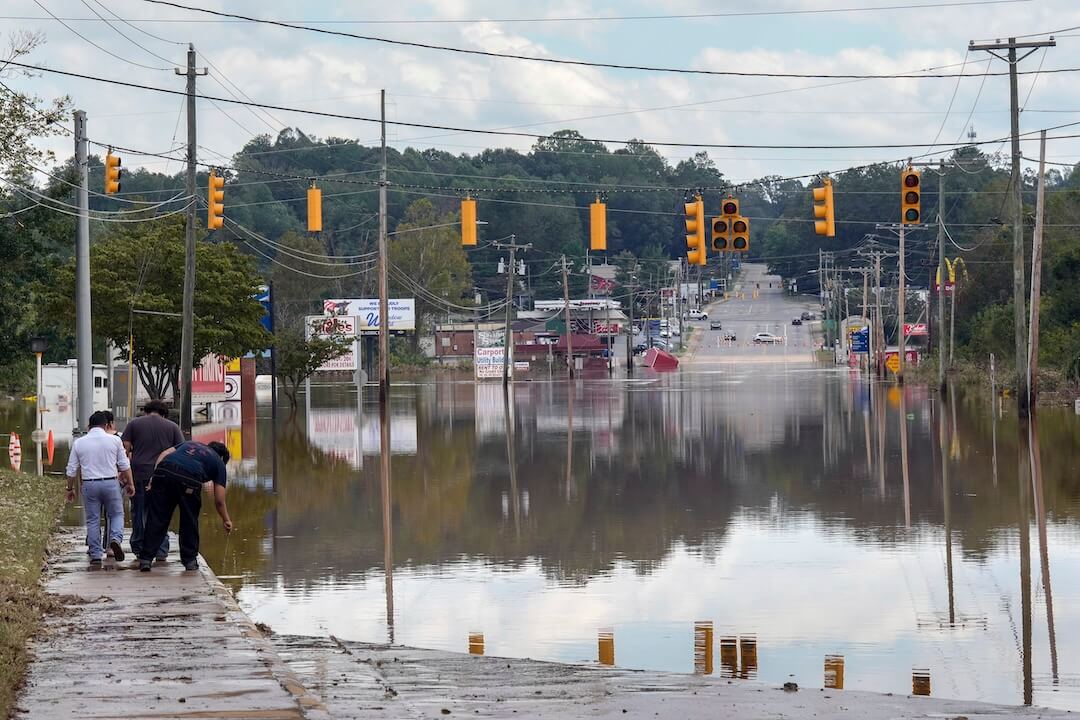A podcast is generally thought of as a regular audio feature — daily,
once a week, whatever … but the idea is that it’s sort of an online
radio show that continues long term. But podcasts (just like blogs)
don’t have to be perpetual. News publishers might want to think in
terms of the “temporary podcast.”
One example comes from the Greensboro (North Carolina) News & Record, where religion reporter Nancy McLaughlin wrote a story
about a young woman who gave her kidney to an older woman who had been
in need of one for 13 years. (The women were strangers, and the younger
woman did it because she said God called her to do it.) Both women kept
journals documenting their experiences.
As part of the N&R‘s
online reporting of the story, the website staff produced short (1-
to-5-minute) podcasts of the women reading from their journals, leading
up to their surgeries. News technology analyst Herb Everett has
been producing the podcasts, and he says that the website will continue
to produce updates until the one-year anniversary of the December 1,
2005, surgery.
This temporary-podcast concept has many possible implementations. To
toss out some examples, apply it to major news events. A reporter
covering a major trial could produce a daily podcast for the length of
the proceedings. Or a correspondent dispatched to cover a hurricane
could do a week’s worth of podcasts.
Podcast listening software generally makes it easy for a listener to
unsubscribe from a podcast, so there’s no reason to limit podcasting to
permanent audio features.





